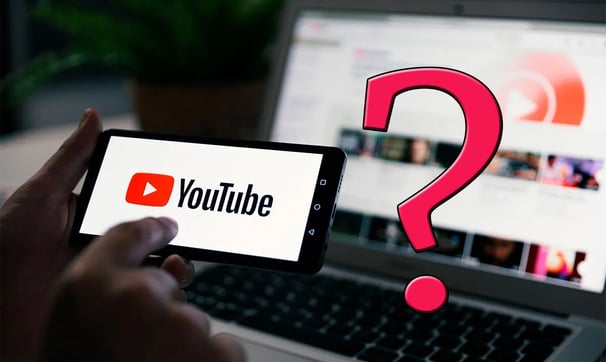Is the YouTube Algorithm Deceiving?
AI WORLDFEATURED


This article explores the intersection of AI and philosophical concepts, delving into the challenges and implications of this rapidly advancing field.
Questions are increasing about YouTube, which millions of people see as a passive income gateway. Differences in view counts between the homepage and watch pages have raised concerns that the algorithm might not be functioning properly.
YouTube's algorithm works in a complex structure to deliver the most suitable content to users. However, many content creators complain about low view counts and insufficient presence in video recommendations. Some claim that the algorithm supports larger channels while sidelining smaller content creators.
Additionally, the lack of real-time updates to view counts and discrepancies in audience reports raise questions about transparency. While YouTube officials defend the algorithm as fair, content creators' concerns do not seem to fade away.
So, is the YouTube algorithm really deceiving? Or are these merely illusions born from a complex system? The answer to this question seems to depend on greater transparency and a clearer understanding of how the algorithm operates.
The YouTube algorithm suggests videos based on user behavior. Data such as likes, comments, watch time, and sharing frequency form the decision-making process of the algorithm. However, some content creators claim that despite high view counts, their videos do not appear in recommendations. This situation suggests that the algorithm is not transparent and may be giving preferential treatment to certain channels.
While discovering small and newly launched channels becomes more difficult, popular channels gain more visibility, supporting this theory. The content of smaller producers generally remains in the background, while the videos of major content creators often appear on the homepage and in the "trending" section.
Although YouTube claims that its algorithm is impartial and offers recommendations based on content quality, user experiences do not seem to support this defense. Many users on social media mention the existence of a phenomenon called "shadow banning." This situation raises suspicions that the visibility of certain content is intentionally reduced.
In conclusion, the question of whether the YouTube algorithm truly operates fairly continues to be debated. The lack of transparency leads to a loss of trust among content creators. The steps YouTube will take in this regard are of great importance for the future of the platform.
